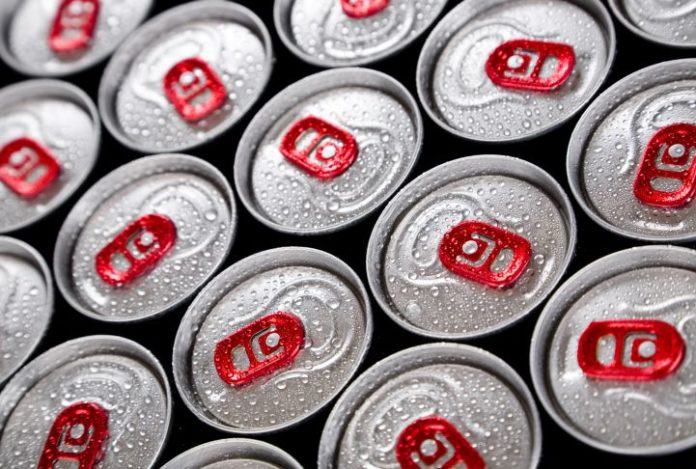Curtin University researchers are urging young people not to drink caffeinated energy drinks and not to mix them with alcohol after study highlights consumption habits.
Professor Simone Pettigrew, School of Psychology and Speech Pathology, said previous research had identified the potential health risks associated with energy drinks and combining alcohol with energy drinks.
“There’s growing evidence demonstrating the negative physiological effects of consuming energy drinks and alcohol mixed with energy drinks, especially among young people,” Professor Pettigrew said.
“These negative effects include agitation, elevated blood pressure, sleep disturbance, increased susceptibility to addiction, dental caries, miscarriage, arrhythmia, and even death.
“Further, work to date suggests that alcohol mixed with energy drinks is associated with increased alcohol consumption, alcohol dependency, alcohol related harms, risky behaviour, and suicidal ideation among some users.”
As young people are the primary users of these products and the energy drink market is rapidly increasing, the need to investigate the factors influencing young people’s use of energy drinks drove the research project.
“In Australia, one in two young adults report mixing alcohol with energy drinks and the consumption of energy drinks has quadrupled in the last ten years,” Professor Pettigrew said.
The study used a sample of 60 young adult drinkers aged between 18-21 years to identify the reasons young people drink energy drinks and mix them with alcohol.
Two-thirds of the young people in the study reported drinking energy drinks mixed with alcohol at least occasionally, despite being aware of the negative health implications. Wanting to be more sociable, stay awake and enhance intoxication were cited as primary reasons for consumption.”
“We would advise consumers against mixing alcohol and energy drinks and suggest those under 18 years of age should not drink energy drinks at all,” Professor Pettigrew said.
“The results of the research will help develop ways to discourage frequent consumption among young people as we recommend changes to policy and practice in this area.
“These changes might include addressing marketing practices offering discounts or ‘happy hours’ targeting young drinkers.”
The results are likely to also have relevance to other countries, such as the United States and the United Kingdom, that share similar alcohol cultures and where energy drinks have achieved comparable market penetration rates.
Information was collected from participants over six months by conducting individual interviews, running focus groups, and introspections. A range of energy drinks was considered, including ‘sugar-free’.
The research was conducted in collaboration with the Australian Catholic University, Curtin’s National Drug Research Institute, and the McCusker Centre for Action on Alcohol and Youth.
The paper, titled “Factors influencing young people’s use of alcohol mixed with energy drinks”, was published in Appetite.
(Source: Curtin University, Appetite)











